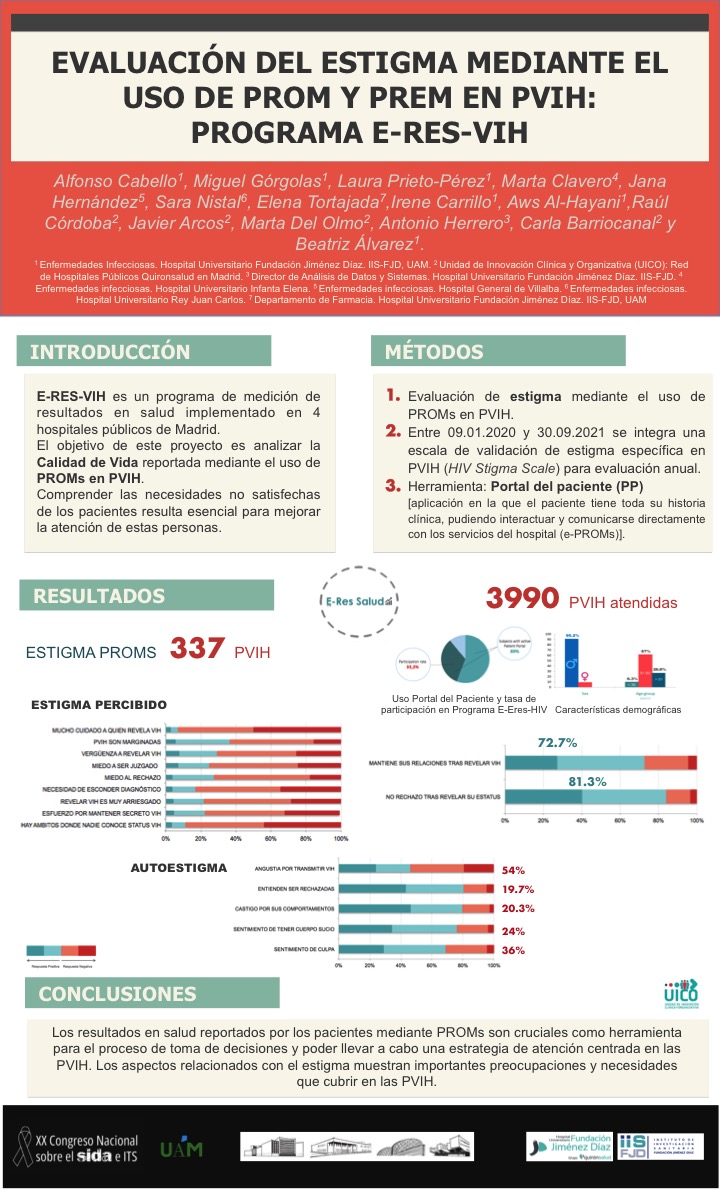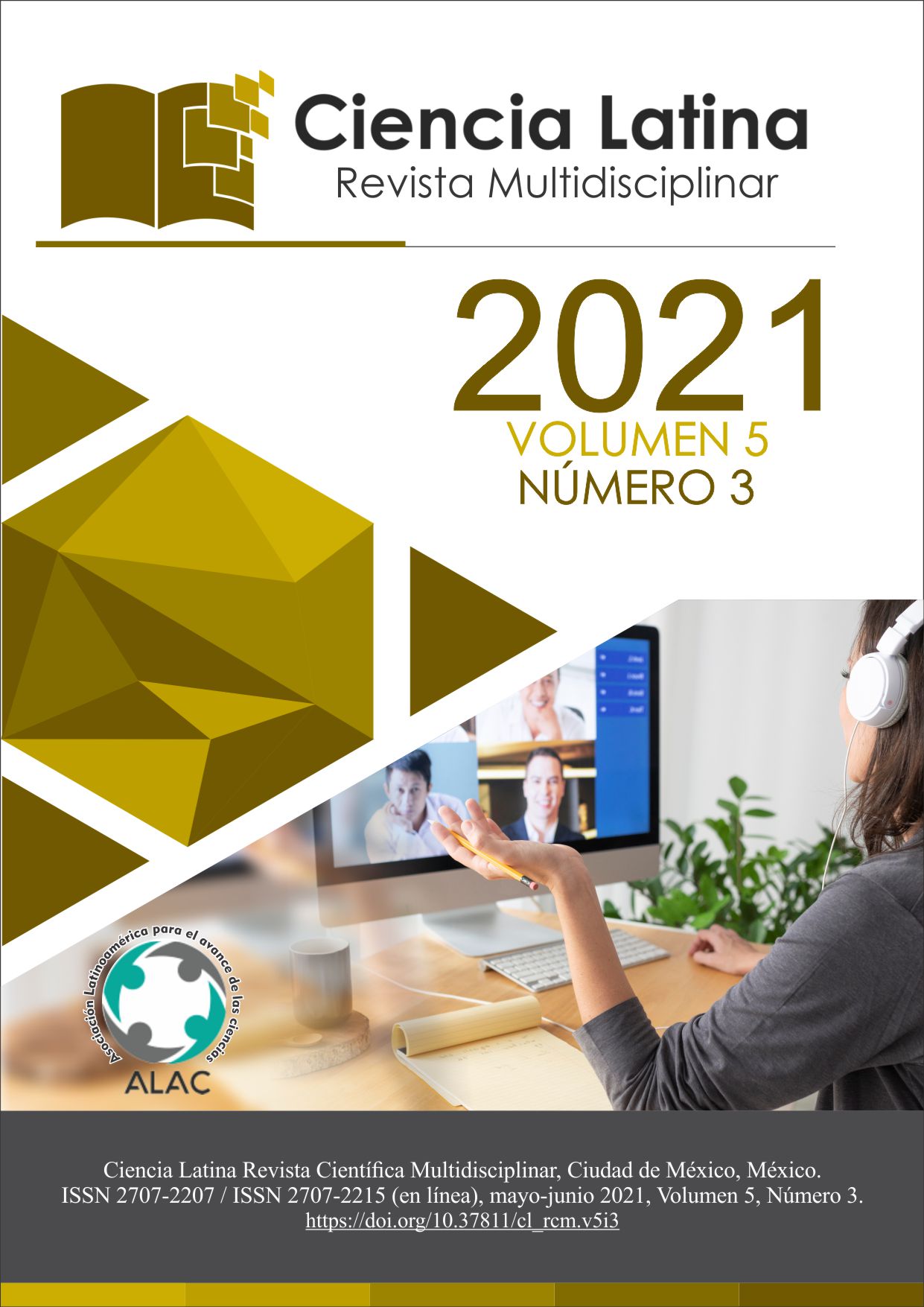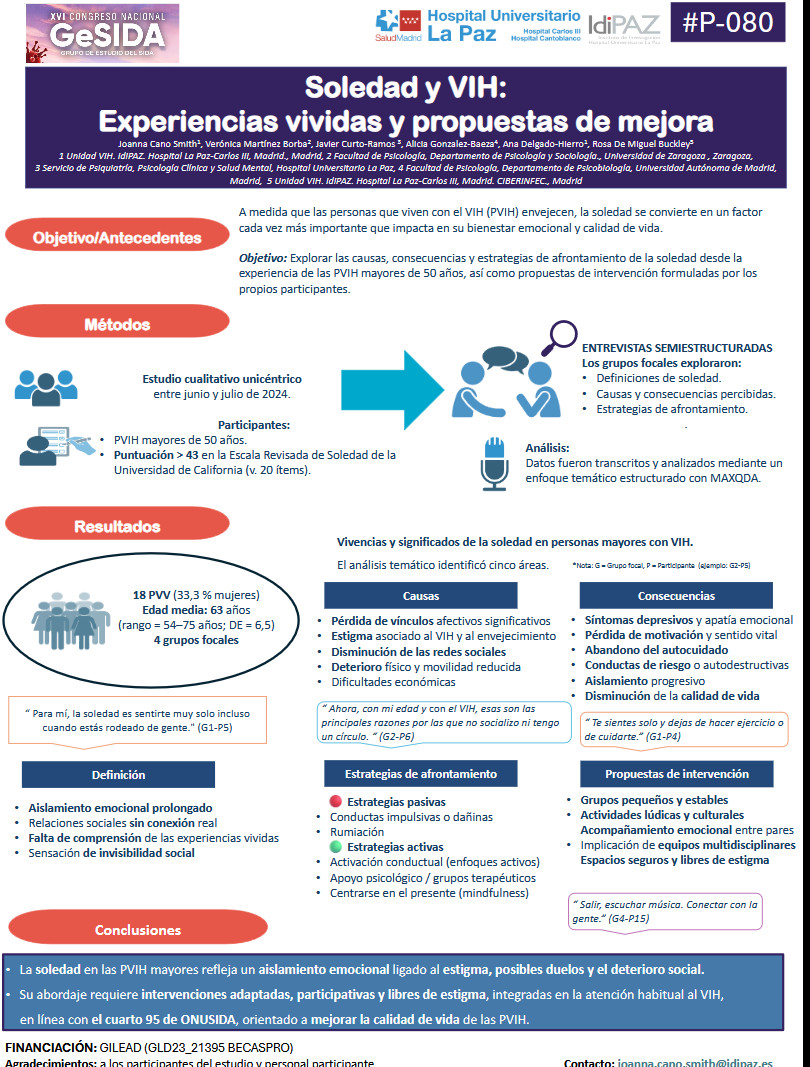Catàleg general VIH

Loneliness and social isolation in people with HIV aged =50 years. The No One Alone (NOA)-GeSIDA study conducted by the GeSIDA 12021 study group
Resum
Introduction: There is a growing number of people with HIV who are aged 50 years or older, and the prevalence of loneliness and social isolation remains unknown. Methods: A multicentre study was conducted across 22 GeSIDA centres. A survey was carried out to assess loneliness [UCLA 3-item Loneliness Scale-3 (UCLA-3)] and social isolation [Lubben Social Network Scale-Revised (LSNS-R)], along with sociodemographic aspects, HIV-related factors, comorbidities, tobacco, alcohol and drug consumption, quality of life, anxiety and depression, and stigma. The prevalence of loneliness (UCLA-3 = 6) and evident social isolation (LSNS-R = 20) was calculated, and multivariable multinominal logistic regression models were used to identify associated factors. Results: A total of 399 people with HIV were included; 77.4% were men, of average age 59.9 years (SD 6.5); 45.1% were aged =60 years; 86% were born in Spain; 86.7% in urban areas; 56.4% with secondary or higher education; 4.5% living alone against their wishes. A total of 66.9% were infected through sexual transmission, with a median of 22.9 years since diagnosis [interquartile range (IQR): 12.6–29.5] and a median nadir CD4 count of 245 cells/µL (IQR: 89–440). Overall, 90.7% had viral load <50 copies/mL, 93.5% had adherence >95%, and 26.3% had a prior AIDS diagnosis. In all, 29.1% and 21% reported significant symptoms of anxiety and depression, respectively, 24.3% had mobility issues, and 40.8% reported pain. Overall, 77.7% of participants reported neither loneliness nor social isolation, 10.0% loneliness only, 5.8% social isolation only and 6.5% both. Multivariable analyses identified that being aged 50–59, unemployed or retired, living alone unwillingly, single, poor quality of life, anxiety, and HIV-related stigma were associated with loneliness. Meanwhile, lower education, living alone unwillingly, and depressive symptoms were associated with social isolation. Individuals living alone unwillingly, with depressive symptoms and experiencing HIV-related stigma were at higher risk for both loneliness and social isolation. Conclusions: There is a relatively high prevalence of loneliness and social isolation in our population. Living alone against one's wishes, being unmarried, and experiencing mobility issues could predispose individuals to feel lonely and socially isolated. Those with anxiety and stigma are more prone to loneliness, while individuals with depression are more predisposed to social isolation. It is necessary to develop strategies for the detection and management of loneliness and social isolation in people with HIV aged >50 years. KEYWORDS aging, HIV infection, loneliness, social isolation, stigma INTRODUCTION The life expectancy of people with HIV who receive antiretroviral therapy (ART) has notably increased over the past two
Autoria:
BLANCO RAMOS, José Ramón; GONZÁLEZ BAEZA, Alicia; MARTÍNEZ VICENTE, Ana; ALBENDIN IGLESIAS, Helena; DE LA TORRE LIMA, Javier; JARRÍN VERA, Inmaculada; GONZÁLEZ CUELLO, Inmaculada; CABELLO CLOTET, Noemí; BARRIOS BLANDINO, Ana María; SANJOQUÍN CONDE, Isabel; MONTES RAMÍREZ, María Luisa; MELÚS, Estrella; PÉREZ ESQUERDO, Verónica; TOMÁS JIMÉNEZ, Cristina; SAUMOY LINARES, María; LÓPEZ LIROLA, Ana María; HIDALGO TENORIO, Carmen; MUELAS FERNÁNDEZ, Magdalena; GALINDO PUERTO, María José; ABADÍA, Jessica; MANZANARES, Eduardo; SEGUNDO MARTIN, Cristina; FERNÁNDEZ LÓPEZ, María Ángeles; BARRIOS VEGA, María; DE MIGUEL, Marta; OLALLA SIERRA, Julián
Autoria institucional: Grupo Estudio Gesida 12021
Autoria institucional: Grupo Estudio Gesida 12021
Fitxa bibliogràfica
- Any de publicació:
- 2025
- Publicació:
- Oxford [etc.] : Blackwell Publishing
- En:
- Número:
- Vol. 26, no. 3 (March 2025), p. 399-414
- Format:
- Article





